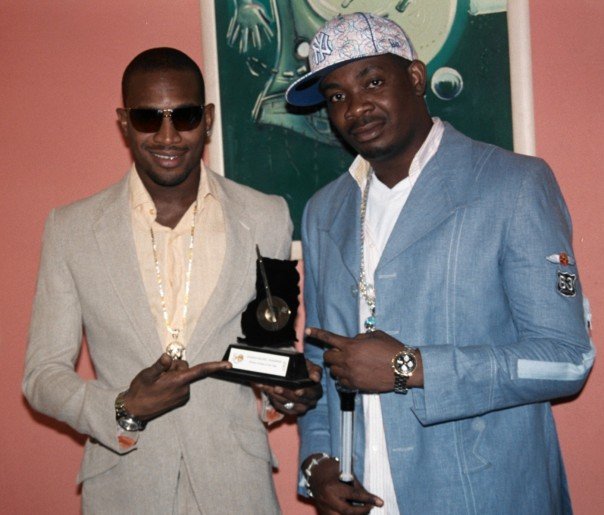Listeners:
Top listeners:
-
 play_arrow
play_arrow Cosoro Afrobeats UK's No.1 Afrobeats Radio Station
-
 play_arrow
play_arrow Cosoro Pidgin Na we b d No.1 UK Pidgin Radio
-
 play_arrow
play_arrow Cosoro Evergreen UK's No.1 Radio for Timeless African Sounds
If You Love Me, Love Me in Yoruba” — Asake Defends Singing in His Native Tongue

Nigerian superstar Asake has made it clear that when it comes to his music, he’s staying true to his roots by singing predominantly in Yoruba, and he has no apologies. In a candid Instagram Live session, he addressed fans who urged him to switch to English, asserting that while he can sing in English, Yoruba is where his heart and his artistry truly lies.
Asake’s choice isn’t just a stylistic quirk; it’s a declaration of identity. He told his audience, “If you love with me, love with me with my Yoruba. If not, then don’t.” According to him, singing in Yoruba offers him a level of comfort and authenticity that he doesn’t quite achieve in English.
Despite critics pushing for more global (i.e., English) content, Asake has stood firm. He sees his use of Yoruba not as a barrier, but as strength, his cultural backbone and the lens through which he expresses his deepest emotions.
This decision isn’t just meant for a local audience. Asake believes that music transcends language, an idea he’s shared in interviews: you don’t always need to understand the lyrics for a song to hit. He said in an interview with ABC News that music is “a feeling,” and even if listeners don’t understand the Yoruba words, they can still “vibe” with the emotion.
His discography reflects this commitment: all three of his albums—Mr Money With the Vibes (2022), Work of Art (2023), and Lungu Boy—feature lyrics in Yoruba. His hit track “Amapiano,” which blends Yoruba and Pidgin, even received a Grammy nomination in the Best African Music Performance category.
Critics might argue that sticking to a Nigerian dialect limits his global reach. But for Asake, it’s quite the opposite. In an in-depth profile with British GQ, he explained that his fusion of Yoruba with amapiano, Afrobeats, and even fuji reflects both his upbringing and his creative ambition. He draws inspiration from fuji legends like Ayinde Barrister and the revolutionary spirit of Fela Kuti—artists who shaped Yoruba music long before Afrobeats became a global force.
Asake’s refusal to abandon his native language speaks to a broader movement in African music. While many artists lean into English to appeal to international markets, Asake is challenging that norm. He’s making the case that local languages are not just culturally rich—they’re globally resonant. He’s proving that you don’t have to sing in English to make the world listen.
In doing so, Asake is not only building a bridge between generations in Nigeria but also cementing his identity on the world stage. His Yoruba-infused sound is more than a personal preference—it’s a bold artistic statement.
Written by: Adedoyin Adedara
Similar posts
Recent Comments
No comments to show.
Copyright © 2025 Cosoro Radio | All rights reserved








